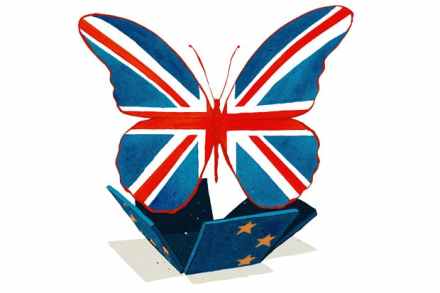Were fears of a third wave overblown?
So, the third wave is officially no more. New modelling by SPI-M, the government’s committee on modelling for pandemics, has, at a stroke, eradicated the predicted surge in new infections, hospital admissions and deaths which it had pencilled in for the autumn or winter as a result of lockdown being eased. Previous modelling published in April suggested that we could end up with 20,000 in hospital — higher than during the first peak last April. Now the third wave is looking less like the swell off Newquay during an Atlantic storm and a little more like a ripple on the Serpentine. The central predictions for the next peak in hospitalisations,





















